We all know that sleep plays a vital role in long-term health, but can lack of sleep cause high blood pressure? Keep reading to find the answer below.
RELATED: Headache From Lack Of Sleep? | Why + How To Treat It
In this article:
The Sleep-Heart Connection: Can Lack of Sleep Cause High Blood Pressure?
In the July/August 2019 issue of the journal Psychosomatic Medicine, a group of researchers published the article “Associations Between Objective Sleep and Ambulatory Blood Pressure in a Community Sample.” The article explores the relationship between sleep and cardiovascular health.
Sleep and Cardiovascular Health
Research shows that sleep quality is a predictor of cardiovascular problems. Chronic sleep deprivation increases the risk of strokes, heart attacks, and even death due to cardiovascular disease.
What isn’t clear, however, is how sleep impacts cardiovascular health. This spurred on a group of researchers to learn more about the sleep-heart connection.
The researchers equipped a diverse sample of 300 heart-healthy participants with portable blood pressure cuffs for 48 hours. The cuffs measured the participant’s blood pressure every 45 minutes.
The participants were also given actigraphy monitors to measure their sleep duration and sleep efficiency.
What is sleep efficiency? This refers to the amount of time spent in deep, restful sleep. It takes into consideration the movements made in bed.
They wore actigraphy monitors on their wrists every night when they were in bed. After analyzing the data, the researchers found a connection between sleep and blood pressure.
RELATED: Sleep Deprivation Linked To Poor Memory And Lack Of Focus
Sleep and Blood Pressure
The researchers found the following links between sleep and blood pressure:
- Participants who had lower sleep efficiency had higher systolic blood pressure during the day.
- Participants with lower sleep efficiency also had higher systolic blood pressure the next day.
- Sleep efficiency is linked to daytime systolic blood pressure.
- Sleep duration is linked to nighttime blood pressure.
So, does lack of sleep raise blood pressure? The preliminary results of the study show that it is a possibility, and it definitely merits more research to further confirm and understand the relationship between sleep and blood pressure.
Although it’s difficult to conclude a definite causal relationship between sleep and a spike in blood pressure, the results of the study reinforce the importance of prioritizing sleep. And this doesn’t just mean getting enough sleep, but it also means getting quality sleep.
Improving Sleep Quality
The results of the study showed that a single restless night can have an impact on your cardiovascular health, so it’s important to get quality sleep each night. Here are a few simple changes you can make to improve the quality of your sleep:
- Limit screen time in your bedroom. Try to keep your smartphone, tablets, or laptops away from your bedroom. The blue light from screens are highly stimulating and may interfere with your sleep-wake cycle.
- Use window shades or curtains. To avoid waking up too early, make sure you draw the shades or curtains in your bedroom before you fall asleep.
- Cut back on caffeine. Have a caffeine cut-off early in the day. That way, you can lower the risk of having caffeine in your system when you’re winding down for bed.
- Establish a sleep routine. Try to fall asleep and wake up at the same time every day. Make sure your sleep routine delivers the recommended 7 or more hours of sleep each night.
If there’s anything else that interferes with your sleep patterns, try to address them before you hit the sack. For example, if your partner’s snoring keeps you up at night, it might be time to invest in some earplugs.
If you’re experiencing chronic sleep problems or sleep disorders like insomnia, it might be helpful to get professional help. Before treating insomnia with medication, the American Academy of Sleep Medicine recommends cognitive behavioral therapy which can help address bad habits that keep you from getting the sleep you deserve.
This study further establishes the relationship between poor sleep and heart health. While more studies are needed to understand the mechanisms behind this relationship, it’s clear that sleep needs to be a priority in your life.
Are you satisfied with the sleep you’re getting? What’s keeping you from a good night’s sleep? Share your thoughts with us in the comments section below.
Up Next:
- 5 Ways Sleep Deprivation May Affect Sex Life
- Hypothyroidism And Sleep: 13 Tips For Getting Better Sleep [INFOGRAPHIC]
- How To Reduce Travel Anxiety And Stress This Holiday Season [INFOGRAPHIC]



